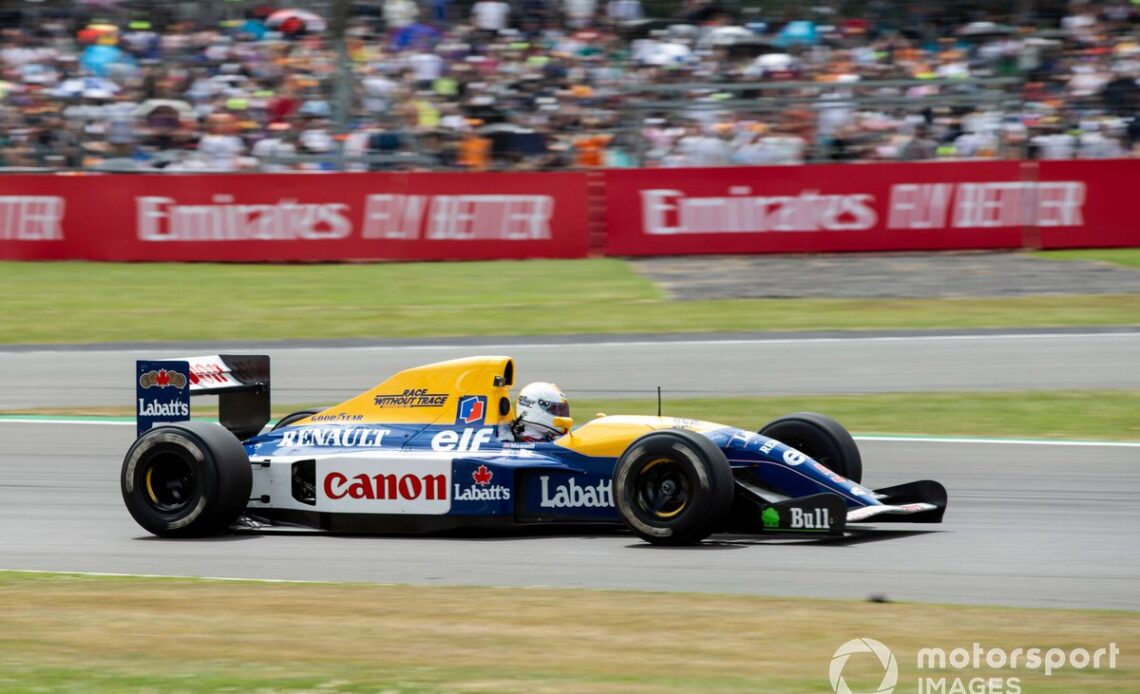While car manufacturers around the world invest heavily in electric vehicles, F1 is not ignoring the huge benefits that can be had globally by pioneering cheap plug-in carbon-neutral fuel to help power the two billion internal combustion engines that will remain on the roads for decades to come.
But while the new engine and fuel rules for 2026 are something that F1’s bosses are excited about, there are some who do not understand why the series is waiting so long to make the switch.
Sebastian Vettel, who has been outspoken on environmental matters, said last year in a lengthy interview that he wished grand prix racing was moving quicker in making the move to sustainable fuels.
“We have an engine in place next year [for 2022] and we’re going to have a content of only 10% of e-fuels in the car – which from a technology point of view is not a revolution,” he said.
“You can already buy that fuel in the pump for several years as a customer around the world. So it’s not a novelty.
“I don’t think it matches the sort of ambitions that Formula 1 has to be a technological leader. So we react, rather than being proactive and lead the way.”
Sebastian Vettel, Williams FW14B Renault
Photo by: Dom Romney / Motorsport Images
He went on to explain that waiting until 2026 to introduce sustainable fuels meant “another five years of no progress.”
“I think that will put our sport under huge pressure, because I feel in those five years there will be a lot of change hopefully applied around the world, and putting things under pressure that haven’t applied any change.”
But despite Vettel’s feelings on the subject, and the fact other high-profile FIA championships like WRC and WTCR have already made the switch to sustainable fuel, F1 is sticking to its plan to wait until 2026.
The reason is not because it doesn’t see the significance of the change, but is instead based on reasons of fairness among the current entrants.
With F1 being such a competitive arena, and different manufacturers having spent hundreds of millions on their current engines to work perfectly in sync with their oil and petrol suppliers, throwing a spanner in the works now with an all-new fuel, risked unfairly shaking things up.
It would have been almost inevitable that an instant switch to sustainable fuel would affect different engines in different ways in an unpredictable manner, leaving some winners and losers.
And for those that lost form, with an engine freeze in place, it would have been…
Click Here to Read the Full Original Article at Autosport.com – Formula 1 – Stories…

